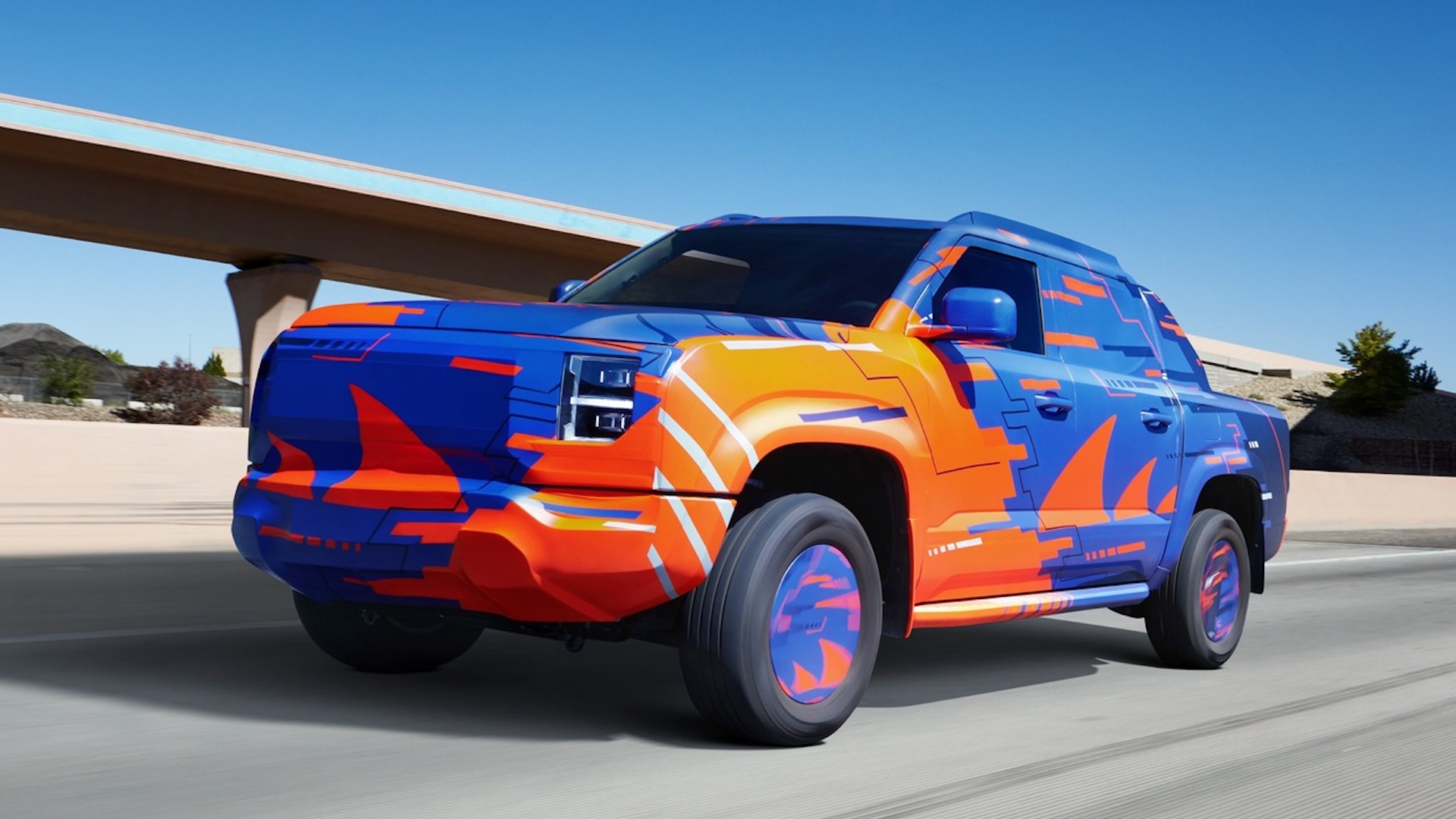

An Ohio Senator has called for the most extreme protectionism against Chinese electric vehicles yet: A total ban. Regardless of whether the White House listens, the request marks a significant escalation against the Chinese car industry as Washington struggles to stave off the looming prospect of cheap, foreign-built cars.
“I implore you to take bold, aggressive action and to permanently ban EVs produced by Chinese companies or whatever subsidiaries they establish to conceal their origins,” said Senator Sherrod Brown, an Ohio Democrat, in a statement to President Biden quoted by Reuters. Brown called for “expeditious” action, echoing the sentiment of Tesla CEO Elon Musk by calling Chinese EVs “an existential threat to the American auto industry.”

The threat of the Chinese auto industry and its cheap EVs seemed distant until recently, when Chinese automakers began expanding their manufacturing bases in Mexico. This would currently allow Chinese makes to sidestep regulatory barriers, and access the U.S. market via the same loopholes that our domestic industry uses. (They’re how the Mexican-made Ford Maverick can be sold so cheaply.) While the U.S. fortified domestic automakers’ positions with its reworked EV subsidy, it’s now only the foundation for further protectionist measures.
One of the leading proposals is escalating import tariffs targeted at Chinese EVs, which could regulate the origins of connected cars’ electronics. The Biden administration claims to be concerned with data security, and the potential for Americans’ information to fall into China’s hands.
The U.S. is no stranger to sheltering its auto industry from foreign competition, with the Chicken Tax being the most famous example. It kneecapped small, cheap imported trucks, directly contributing to the gigantism of modern American vehicles (along with poorly coded CAFE regulations). The infamous 25-year import ban was also enacted on the auspices of upholding crash safety standards, though Dirt Legal says it was just to undermine the importation of cheap foreign cars.

Not all of the auto industry is as worried about Chinese competition as U.S. regulators are, with Mercedes-Benz CEO Ola Källenius decrying targeted tariffs by the European Union. Such extreme measures on the U.S.’s part would almost certainly be met by retaliatory action by China, drastically escalating trade tensions, and leaving an important consumer base out to dry. Of course, we might just be seeing political stalling tactics until the U.S. industry finally gears up with cheap EVs of its own—though whether they’ll be cheap enough to keep China at bay is another matter entirely.
Got a tip or question for the author? You can reach them here: james@thedrive.com